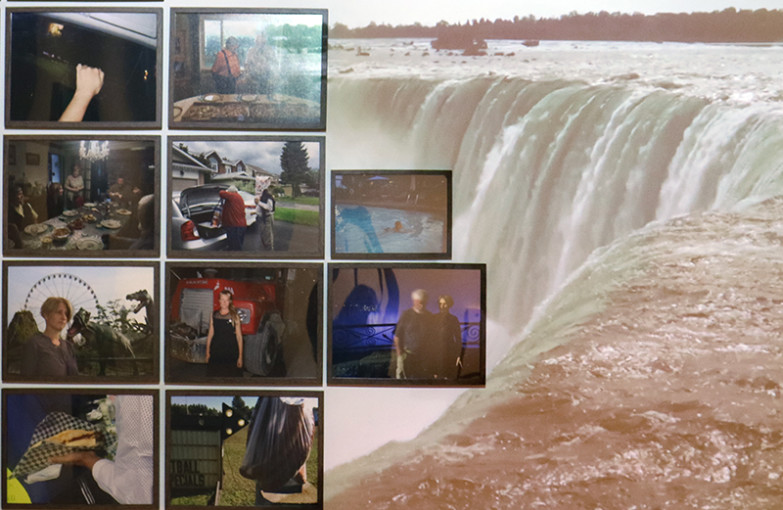It all started in 1956. Tóni wasn’t really a hero, he was just a university student who happened to be living in the dormitory of the Budapest University of Technology, the dwellers of which played a key role in sparking off the revolution. They were seen as a thorn in the flesh of the ruling party at the time. This became clear as soon as the Russians started to invade the country, so Tóni thought it was time to leave and – after staying in Vienna for a few weeks – he started a new life in Canada.
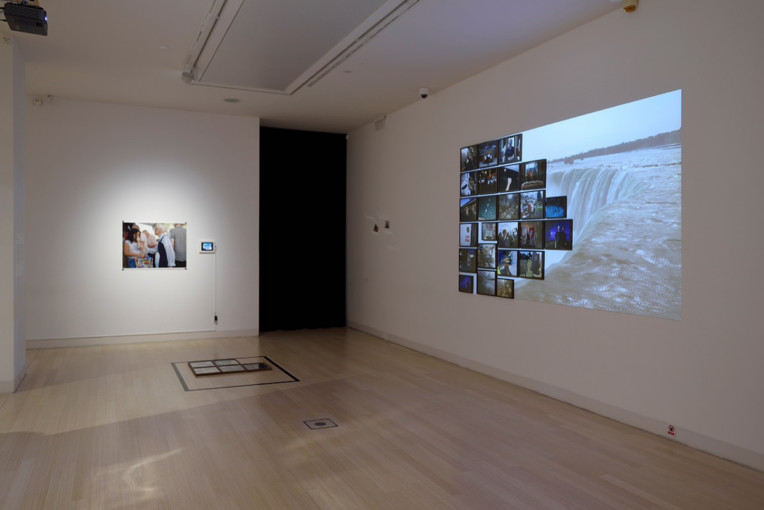
It’s never easy to emigrate – as a lot of Hungarian citizens have also now come to realize . If you don’t know your new country, its language, there’s no guarantee that you can make a living. For the family members in Hungary, Tóni was the rich Canadian uncle who brought Western chocolate to the kids and fancy cigarettes to the parents. From here, they couldn’t see his struggle to create a new existence, while from there, it was difficult for him to see how the members of the family he left behind came under scrutiny because of their defector relative. After many-many years, ultimately the family took the plunge and visited the emigrant uncle in Ottawa, bringing a few details to light.
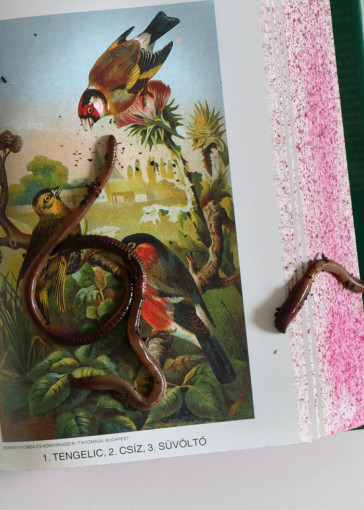
Tóni’s first job in Canada was worm picking. For immigrants not speaking English, even today it is still one of the most obvious opportunities to make a living. Golf is popular among wealthy Canadians, golf courses occupy huge territories. At dusk, groups of people wearing rubber boots and equipped with headlamps and large tin cans swarm onto these fields to start hunting for fat nightcrawlers. Canadian earthworms are especially valued by anglers all around the world and are also used in large quantities by the beauty industry, so they are exported to almost everywhere in the world. And it’s a well-paid job: at the end of the 1950s, Tóni got 5 dollars for a box of nightcrawlers. It was tough and monotonous, but it was worth it. You could catch as many as 30,000 worms during a single night.
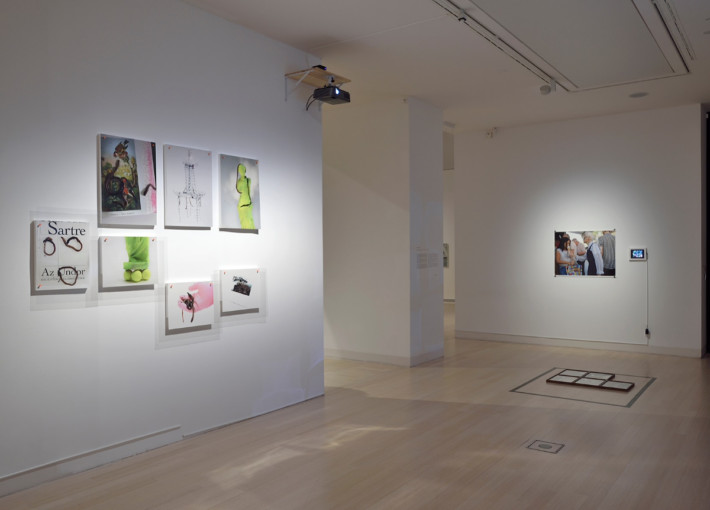
In my photo series, the early struggles of the (im)migrant blend with past moments, the pictures of the family visit, the remnants of Hungarian identity and Canadian traditions. In a little more than eight hours every day, the video keeps repeating exactly 30,000 times the same moment of the Niagara Falls, illuminating the details of the carefully constructed milieu. Recalling the headlights, the spotlight beam spells out a brighter future on the wall, while the Canadian giant nightcrawlers brought to Budapest take possession of the objects left behind by those friends of mine who have recently moved abroad.
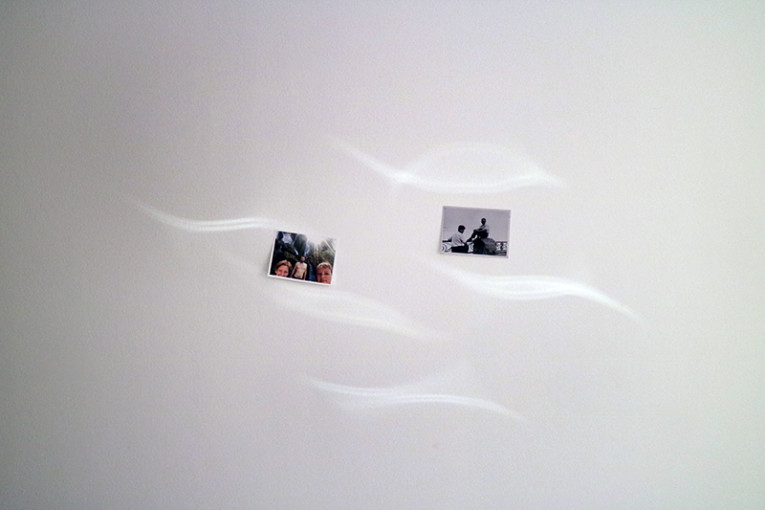
Overcoming time and distance, the power of family bonds have survived unabated throughout these years, despite the marked differences in political views.
